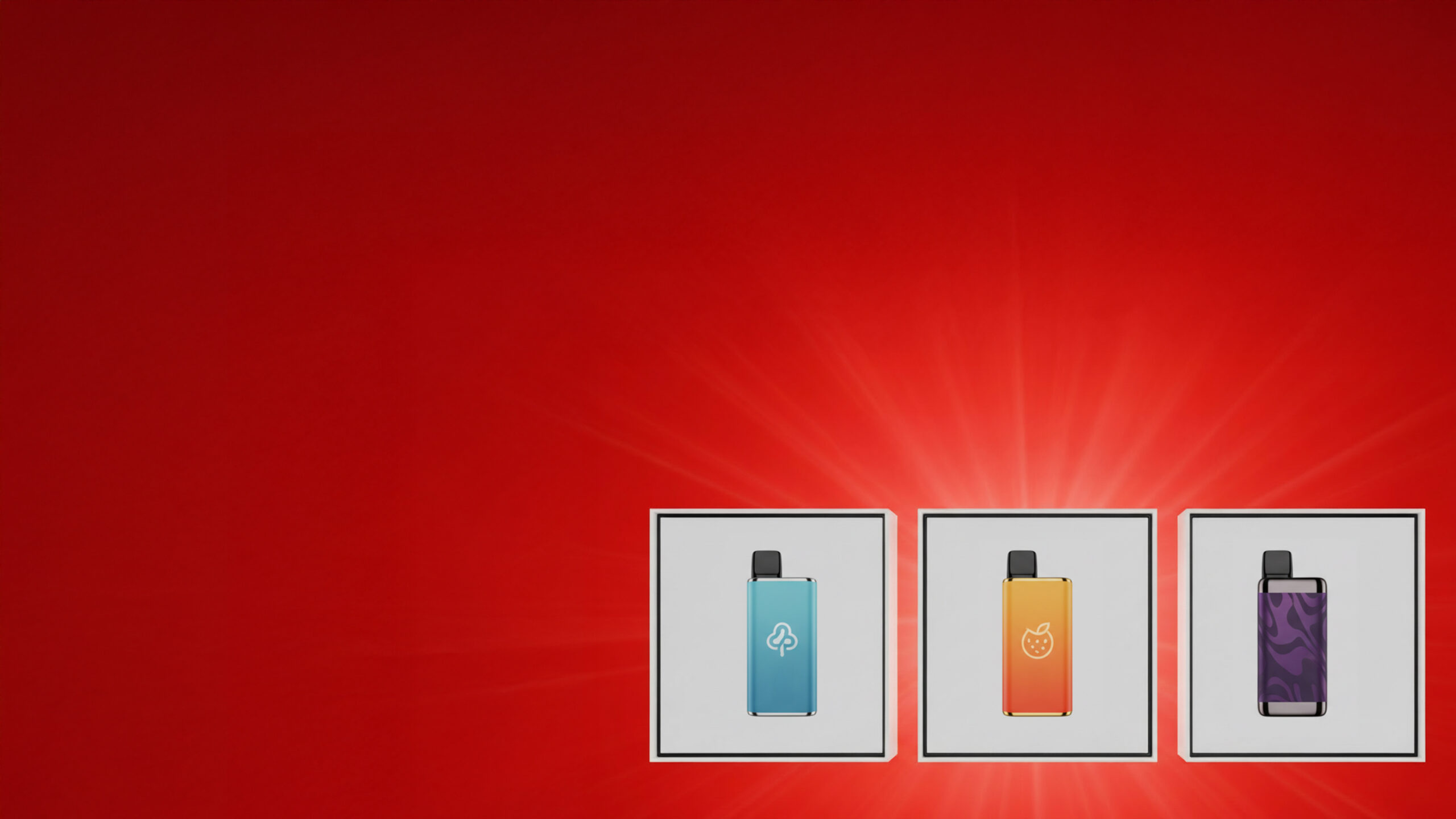Bad reviews are a nuisance for many companies, especially if the reviewer was not even a customer. But in the case of anonymous reviews, is it enough to claim not to know the reviewer? Does the review portal have to prove customer contact between the reviewer and the company? A decision by the Federal Court of Justice should give hope to many companies here.

Reviews on the internet are both a blessing and a curse for companies. Many people use Google, Amazon, tripadvisor or HolidayCheck to find out about reviews of goods, travel offers and other things before ordering or booking a vacation. Reviews therefore have a significant influence on consumers’ purchasing decisions. Entrepreneurs use the advantages of positive reviews to their advantage. Negative reviews, on the other hand, can lead to a loss of sales. If the reviews do not even come from customers, but from competitors or other third parties who only want to harm the company, this is particularly annoying. But how does the entrepreneur prove this in the case of anonymous reviews?
This was the case for a vacation park operator who had received a dozen bad reviews on a travel portal. Assuming that these were not his own guests, he simply denied that the reviews came from guests at all and demanded that they be deleted. After all, the negative reviews had only been published with the first names or initials of the alleged guests. The operators of the review portal did not feel obliged to investigate the users or any actual contact with guests and therefore did not remove their reviews. The operator of the vacation park took legal action against this.
BGH strengthens the laws of rated companies
In their judgment of 09.08.2022 – VI ZR 1244/20, the federal judges ruled that d he complaint of the rated vacation park operator, a rating is not based on guest contact is sufficient to trigger the review portal’s duty to review. To further explanations, in particular a more detailed justification of the assertion of the missing guest contact, the rated person is generally not obligated to the rating portal. The operators of the rating portal are then obliged to provide evidence of the guest contact.
At first instance, the Regional Court of Cologne dismissed the vacation park operator ‘s claim in its ruling of 11.12.2019 – 28 O 242/19. The Cologne Higher Regional Court took a different view and ordered the portal operator to stop publishing the negative reviews in its judgment of 27 August 2020 – 15 U 309/19.
“Fake” reviews violate the entrepreneur’s right of personality
The judges in Karlsruhe emphasized that the entrepreneur’s right to privacy would be infringed if negative reviews from users with whom the vacation park operator denied guest contact remained publicly on the internet portal. In the case of references to such users, the review portal does not have to carry out extensive but reasonable research (e.g. contact the user in question) and provide evidence of guest contact.
Rating portal must provide evidence of customer contact
The mere complaint of a guest contact is also sufficient if there is evidence of a contact (e.g. photos of the facility in the review). The vacation park operator could not verify the information. Therefore, it only has to substantiate the allegation of a lack of guest contact in more detail if the identity of the reviewer is readily apparent to it from the review.
According to the judges of the BGH, the portal operator is liable as an indirect disturber for the unlawful infringement of personality rights on its rating portal.
If the portal fails to make the necessary inquiries, the Federal Court of Justice assumes that the guest contact never existed and that the review must be deleted.
In case of doubt for the assessed entrepreneurs
The supreme judges of the BGH see the operators of rating portals as having a self-imposed duty to act. Accordingly, the operation of a portal with a rating option entailsan increased risk of violations of personality rights from the outset .
The portal operator must therefore The company can expect corresponding complaints from the outset. In the ruling, the judges emphasized that the risks associated with the portal operation The risk of abuse is increased by the fact that the assessments can be submitted anonymously or under a pseudonym. It was therefore impossible for the plaintiff vacation park operator to find out the identities of the alleged guests. Therefore, in case of doubt, the review portal had to prove customer contact.
CONCLUSION
With its decision, the BGH rightly passes the buck to the operators of review portals to prove actual contact. This is because the rated company generally does not know who is rating it and whether this person has actually ever been in contact with it or whether the competitor or others are behind the rating. If the customer contact is not clear, it therefore remains a promising strategy to dispute the contact. We have already had many good experiences with this strategy for our clients in the past in relation to rating portals.






